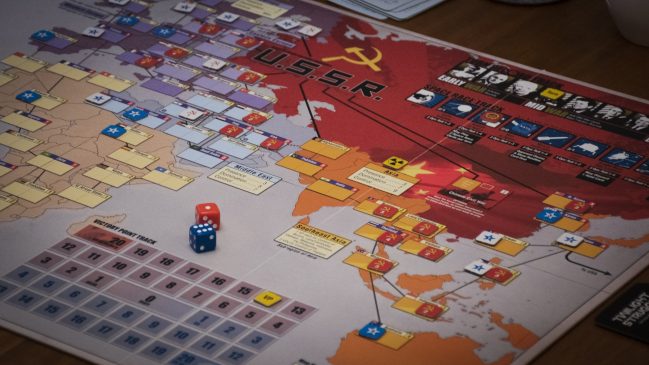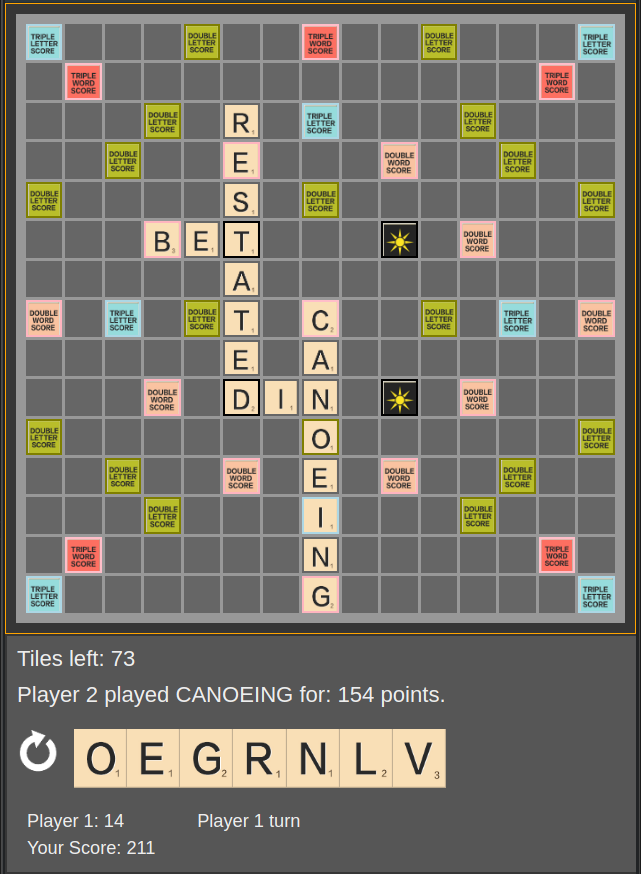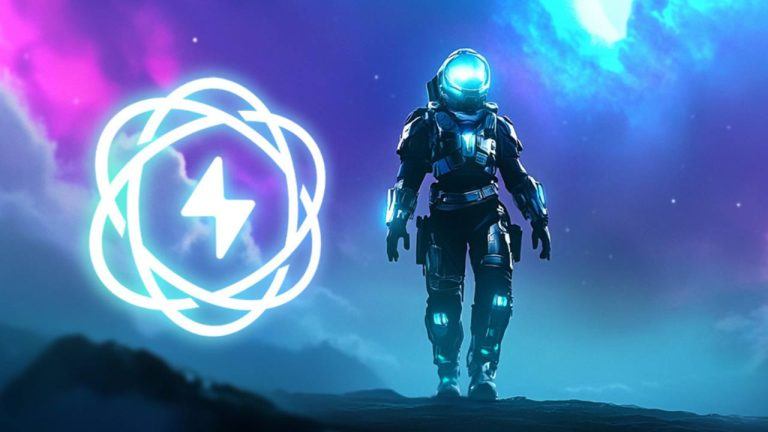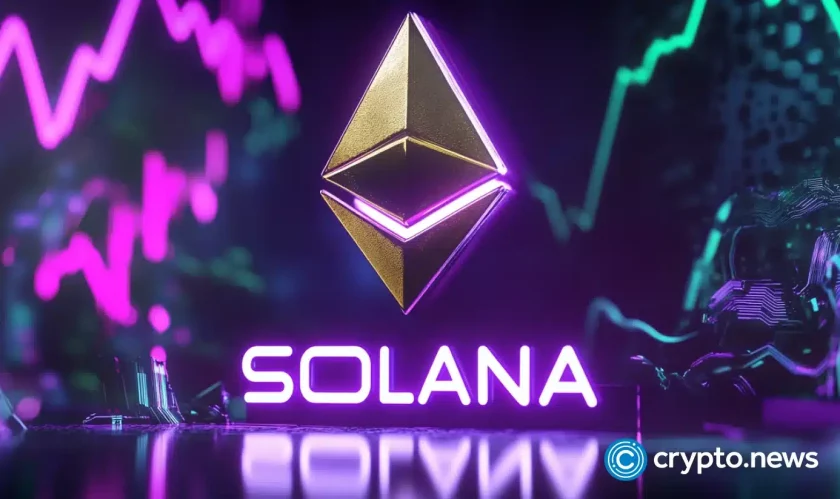The Saito Blockchain Game Engine Creates New Opportunities for Developers, Players
April 3, 2019 by Jon Southurst
Startup Saito says blockchain could be an ideal way to free physical board game makers from the constraints of manufacturing and big-brand contract conditions. This week it released the Saito Game Engine (SaGE) — a fully distributed, fully on-chain platform featuring classics like Chess, WordBlocks, and Twilight Struggle.
Also read: Video: Watch This Bitcoin Double Spend Attack Using Replace-by-Fee
Subscribe to the Bitsonline YouTube channel for great videos featuring industry insiders & experts
Peer-to-Peer Gameplay for Both Classic and New Games
Beijing-based Saito’s technology also aims to make it easy to play well-known board games online. All games run directly in a browser and communicate using Saito’s blockchain as a peer-to-peer network.
The Saito Game Engine handles network operations, provides a state machine for implementing game logic, and handles tasks like shuffling cards and rolling dice in a provably fair manner. Saito’s developers said basing the engine on blockchain technology gives game makers powerful new tools both for gameplay and distributing their product.
David Lancashire, Saito’s development architect on the project and co-founder, said the technical innovations enable these types of on-chain games:
“The Saito game engine employs ‘Metal Poker’ for fully decentralized and provably fair dealing between any number of players without the need for a central, trusted server or third party. To my knowledge this has not been done before in a way that supports real gameplay.”
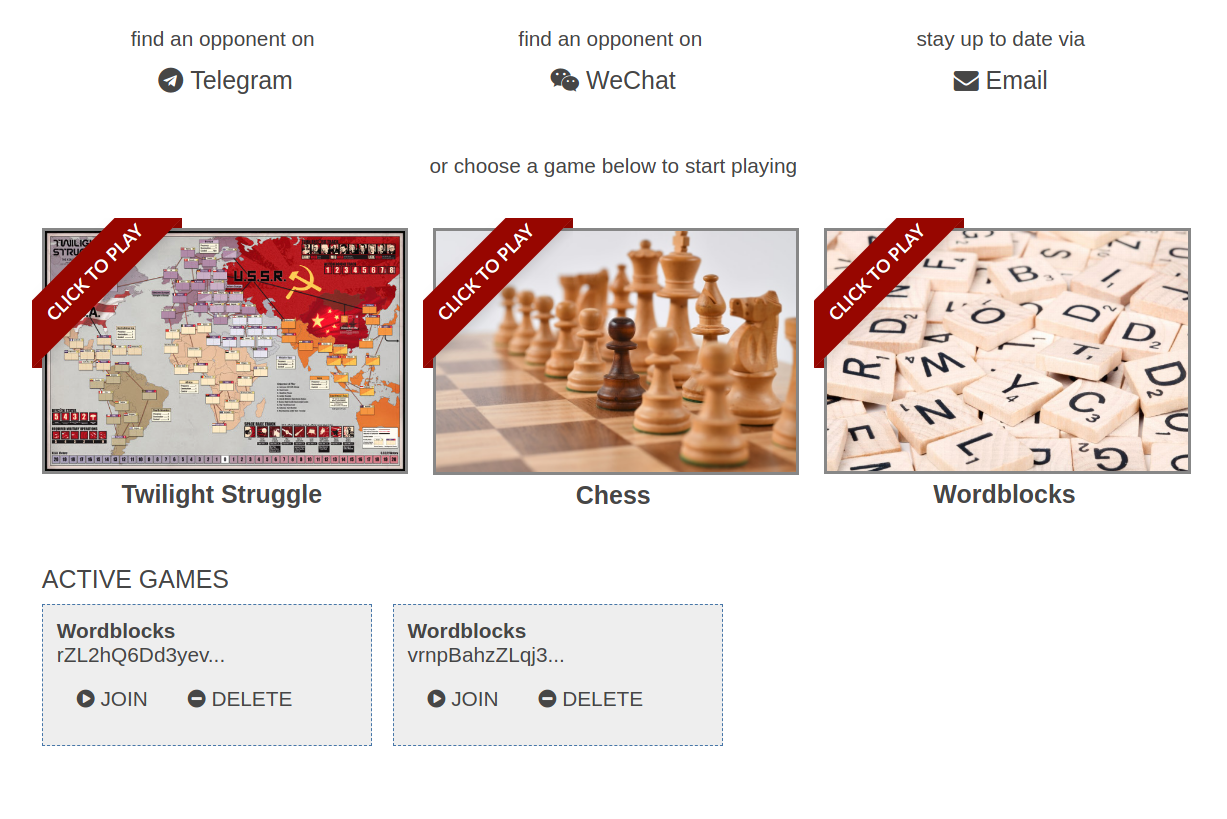
Saito Promises New Opportunities for Game Developers
The Saito team hopes the game engine will benefit game designers who build excellent games, yet struggle to sell physical boxes. Considering all the inherent hassles of design, manufacturing, storage and distribution, this isn’t even an option for most independents.
Then there’s the digital edition side, which has grown in significance in the past few decades. There’s the difficulties of writing and supporting digital editions — even games with significant followings can take years to see digital versions released, and publishers often struggle to make money from digital sales.
Meanwhile, companies such as Apple and Google force developers to list games at extremely low prices to compete for visibility in their distribution channels, and then restrict how publishers can collect money from users.
Instead of being forced to make money selling physical boxes, or to agree to prohibitive terms and conditions imposed by the major app stores, publishers who release games on-chain will benefit from new and better business models.
Saito envisages everyone from hobby and independent developers to major games publishing houses signing and distributing their code on equal footing. Releasing different versions of their games and selling upgraded pay-to-play variants will become an easy way to release games once there are basic open-source modules for publishers to build on.
Games Just a Demo of What Blockchain Can Do for Organizations
Richard Parris, also a Saito co-founder, says the project is focusing on games as a demonstration of how blockchain as Public Key Infrastructure can impact business models, open source software development, collaborative enterprises and other, centralized organizational structures.
“We hear a lot about decentralization; this is an example of something that is traditionally incredibly centralized, becoming distributed,” he said.
Regarding the future for games on SaGE, he added: “The best games will probably work on some free-to-play model. But publishers, and independent makers, will be able to make money from supplementary features such as leaderboards, rankings, match-making services, and the like.””
The Saito game engine is currently running on Saito’s testnet.
Does a blockchain-based model benefit both game players and makers? Tell us what you think in the comments.
Images via Saito, Unsplash.com (Sheldon Nunes)

